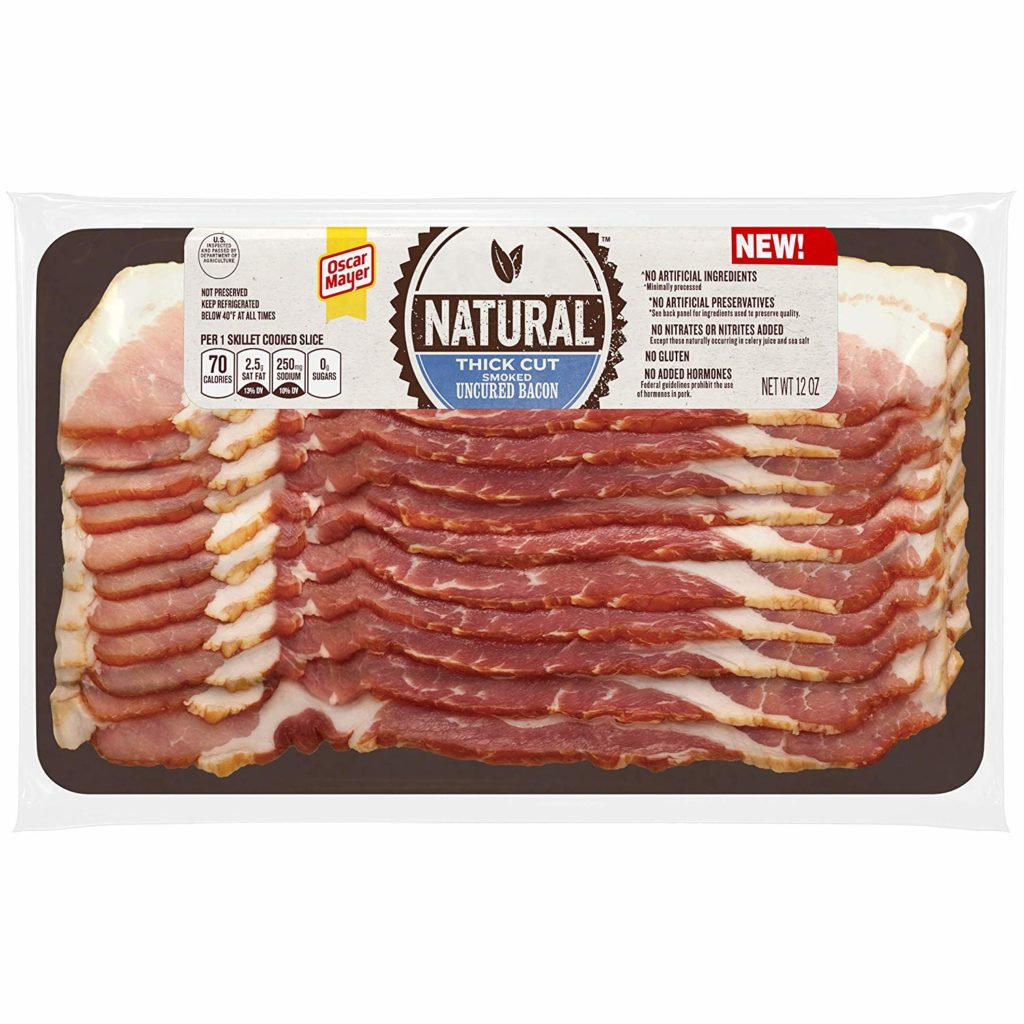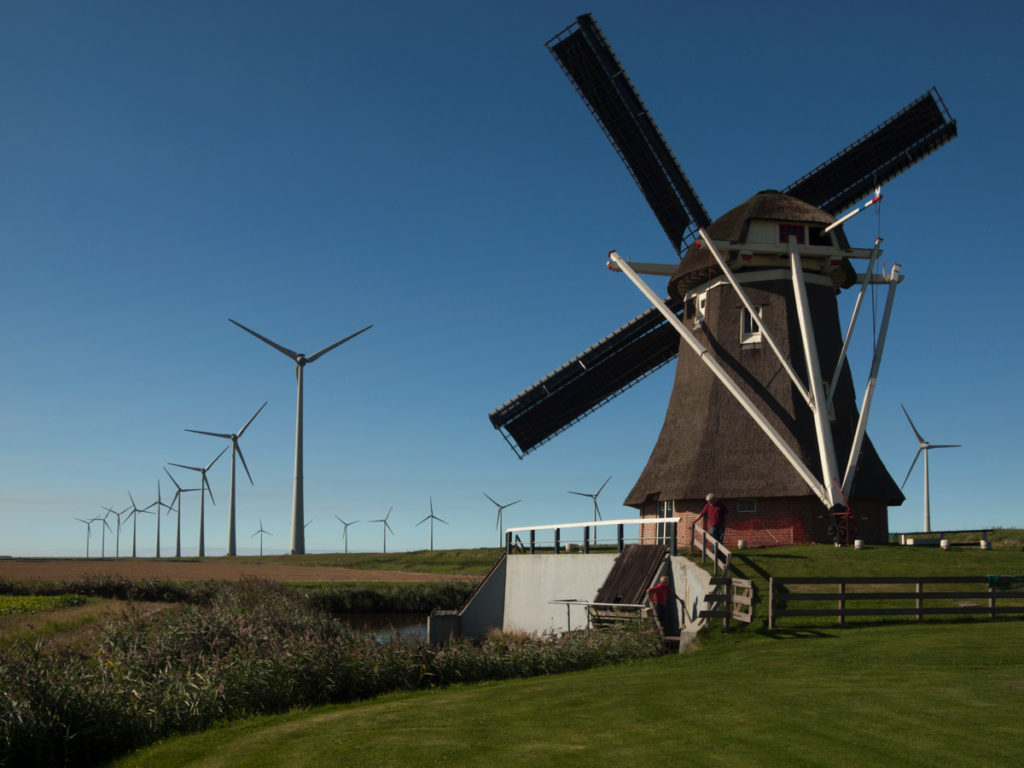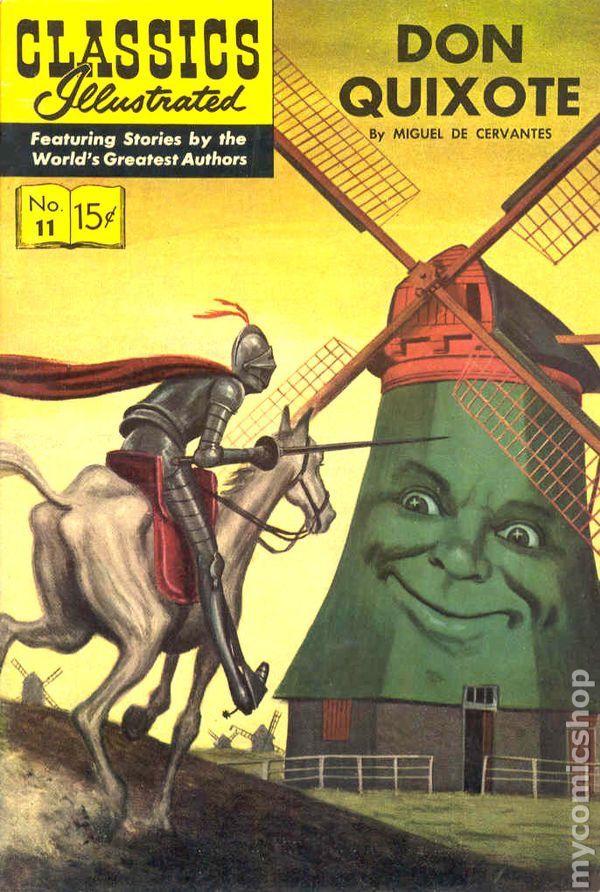Restaurants and stores in Berkeley are now required to charge customers 25 cents for disposable cups. It does not matter what the cup is made from. The charge is 25 cents whether the cup is polystyrene (which is not biodegradable), biodegradable plastic, cardboard, or even paper. If the cup is designed for single use, the charge is 25 cents. The restaurant gets to keep the money. The purpose of this law is to dramatically reduce the number of disposable cups used in Berkeley. However, I think this law may do just the opposite. You can buy 12-ounce disposable cups at Costco for 5 cents each. Restaurants in Berkeley can now sell those cups for 25 cents each. They are prohibited from charging less. That means that a restaurant in Berkeley can sell a disposable cup for 5 times the cup’s cost. That’s a huge profit margin! Restaurants don’t sell food for 5 times its cost. In other words, the city of Berkeley has given restaurants a financial incentive to use more disposable cups, just the opposite of the law’s intention! Some people bring their own cups with them when they go to coffee shops and restaurants, but relatively few people do that. I know quite a few Berkeley restaurants that are struggling financially. Now they can charge customers 25 cents for disposable cups that cost them 5 cents. What do you think they will do? I think they will do the obvious thing and use more disposable cups. This law does not require restaurants to have reusable cups, and many places that sell beverages, like convenience stores, don’t have dishwashers or any way to wash and sterilize cups. The Berkeley city council often passes ‘feel good’ laws like this, without thinking through the practical consequences of what they are doing.
Daily Archives: January 29, 2020
WHAT IS THE DIFFERENCE BETWEEN CURED AND UNCURED BACON?
Most people assume that cured bacon is cured and that uncured bacon is uncured. That seems obvious, but it’s not true. Cured and uncured bacon are both cured and cured with the same preservatives: salt, sodium nitrate, and sodium nitrite. So – what does it mean when bacon or other preserved meat products are labeled ‘uncured’? Uncured bacon usually costs more than cured bacon, sometimes a lot more. The food processing industry has a lot of clout with the federal government in the way the government defines things. (You probably already knew that.) The federal government’s rule is this – if meat is preserved with chemicals produced from synthetic sources, the meat is ‘cured’. However, if meat is preserved with the same chemicals, but from organic sources, then the meat is ‘uncured.’ Chemically, sodium nitrate produced from synthetic sources is exactly the same as sodium nitrate produced from organic sources. Most people know that eating preserved meat is not good for you, but they fool themselves into thinking that eating uncured meat is a healthy alternative to eating regular cured bacon, hot dogs, ham, salami, etc. Sorry – but you are just fooling yourself if you believe that. Here is an example of how this works. On the front label of Oscar Mayer uncured bacon, it says “Oscar Mayer Natural Uncured Bacon has no artificial ingredients and no added nitrates or nitrites, except those occurring naturally in celery juice and sea salt.” Well, that statement is true, but they fail to mention that the reason why they put celery juice in their bacon is because celery juice contains a lot of sodium nitrate. ‘Natural’ is another word that the government defines in a strange way, but that will have to wait for another day. For more details about cured vs. uncured meat, see the October 2019 issue of Consumer Reports, which contains a lengthy article on this subject.

DONALD TRUMP VS. WINDMILLS
Donald Trump hates windmills. I’m not sure why Trump hates windmills, but I assume the reason is the obvious one – coal, oil, and gas companies give a lot of money to his campaign. (To be clear, I am not actually talking about windmills. I am talking about wind turbines, but I am calling them windmills because that is what most people call them and that is what Donald Trump calls them in his speeches. See photo below of a windmill in a field of wind turbines.) Below are Donald Trump’s 4 main arguments against windmills, going from his best argument to his worst.

1. Windmills kill a lot of birds. True! The Audubon Society estimates that over 300,000 bids are killed in the U.S. every year by flying into windmills. Although that seems like a very big number, it is actually small compared to the number of birds killed in other ways. The U.S Fish and Wildlife Service estimates that over 5 million birds die every year in the U.S. by flying into cell phone towers. That is almost 20 times the number of birds killed by flying into windmills. However, I have never heard President Trump denounce cell phones because millions of birds die every year flying into cell phone towers. It seems ironic (at least to me) that President Trump uses this argument against windmills — that they are responsible for the death of a lot of birds. One of Donald Trump’s favorite foods is Kentucky Fried Chicken.
2. Windmills lower property values. If you live in a house next to windmill, that will lower the value of your property. Windmills can be noisy and intimidating. However, windmills are rarely built next to houses. I’ve never seen a windmill in a residential neighborhood. Have you? Most windmills are built in rural areas and on farms, far away from houses. Windmills on farms don’t lower the value of the property. They increase the value of the property because windmills produce cash income to the farmer. In some states, windmills have become a major source of income for farmers. In Iowa, for example, over 1/3 of all the electricity produced in the state comes from windmills.3. Windmills cause cancer. Donald Trump has retweeted this claim which started on conspiracy theory web sites. Trump has also stated in speeches at campaign rallies that people who live near windmills are dying from cancer caused by the noise created by the blades. However, there is no evidence anywhere to back up this claim.
4. Windmills are “spewing” air-polluting fumes and gases into the atmosphere. At campaign rallies, President Trump has repeatedly stated that windmills produce a lot of toxic fumes. Here is what Donald Trump said at a recent campaign rally about wind energy. “You know, I know windmills very much. I’ve studied it better than anybody. I know it’s very expensive. They’re made in China and Germany mostly — very few made here, almost none. But they’re manufactured tremendous — if you’re into this — tremendous fumes. Gases are spewing into the atmosphere. You know we have a world, right? So the world is tiny compared to the universe. So tremendous, tremendous amount of fumes and everything. You talk about the carbon footprint — fumes are spewing into the air. Right? Spewing. Whether it’s in China, Germany, it’s going into the air. It’s our air, their air, everything — right? So they make these things and then they put them up.”
There are a lot of things wrong with President Trump’s speech (beginning with grammar and syntax.) But what about these fumes? Windmill fumes. Now – I am sure that Donald Trump knows that windmills do not have tailpipes or chimneys and that they do not produce fumes, but what about his supporters? While Donald Trump was delivering the speech above, they were nodding their heads in agreement. I saw them do it. What were these people thinking? What could they be thinking? How could rational people believe that windmills are poisoning the atmosphere with “tremendous fumes”? Frankly, looking at their faces, these people reminded me of people I knew who joined religious cults. To people in cults, anything the leader says is right. They question nothing the leader says, no matter how absurd it is. Is that what is going on here? What other explanation could there be? By the way, it is not true that almost no windmills are made in the United States, although a lot of people believe that. GE Wind Energy, a division of General Electric, is one of the biggest windmill manufacturers in the world. Also, I think Donald Trump is confusing Germany with Denmark. The biggest manufacturer of windmills in the world is Vestas, a company in Denmark. I have a cousin who works there.
Don Quixote? Donald Trump’s war on windmills reminds me of Don Quixote. Don Quixote is a famous Spanish story about a man who loses his mind and imagines that he is a knight. He declares war on windmills. He imagines that windmills are evil and want to harm him. Don Quixote attacks one of the windmills, charging at it with a spear, injuring himself. His friend Sancho tells Don Quixote that it is foolish to fight with windmills, but Don Quixote doesn’t believe him. Maybe an updated version of this story could be called ‘Donald Quixote.’

